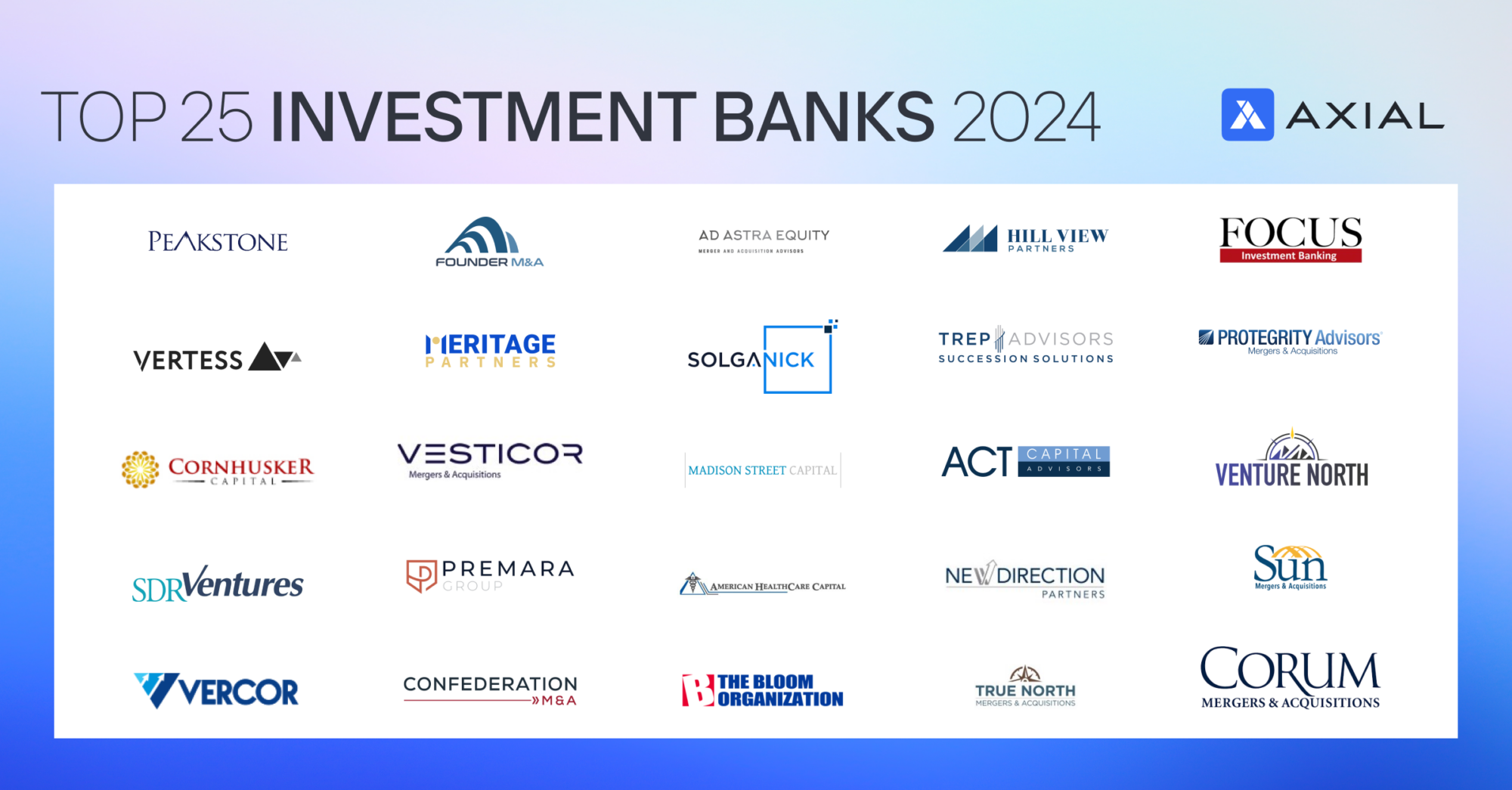
Top 25 Lower Middle Market Investment Banks | 2024
Axial is excited to release our 2024 Lower Middle Market Investment Banking League Tables. To assemble this list, we reviewed…
With competition at an all-time high, private equity firms are becoming leaner and more efficient. While some firms may still argue that they’re doing just fine sourcing deals the old fashioned way, more and more are beginning to look to technology, specialization, and other operational improvements to increase efficiency and close more deals.
At ACG’s recent Dealmaking at the Beach Conference, we heard from a few firms who have experience with new methods and strategies. Here’s how each is proving its worth.
Some investors are now organizing professionals at all levels based on industry. “Specialization allows your firm to have instant credibility with a CEO,” says David Archarya of AGI Partners. This strategy, while sometimes difficult to achieve at small generalist firms, is extremely effective in a number of ways:
In a globalized, digital world, organizing associates around geography is quickly going out of fashion.
Fragmentation and increasingly diversified deal sourcing channels have led many firms to invest in customer relationship management (CRM) tools. “Best-in-class private equity groups use custom relationship management tools to avoid duplication of work and to manage deals as they flow through the funnel,” said Sarah Robson of Axial. While many firms have been reluctant to spend the time and energy implementing these tools, others are seeing huge payoffs in time and productivity.
Here are some of the key considerations as you choose and start to use a CRM:
The balance of power is increasingly in the hands of law firms, accountants, and other transaction advisors. When choosing from a multitude of buyers for any given deal, “law firms have to be fairly selective,” says Michael Schwamm of Duane Morris. As a result, private equity firms are now thoroughly researching law firms, accounting firms, and consultants prior to placing calls or emails. Keeping track of industry expertise, practice areas, and which geographies they serve is crucial in rapport-building.
“The concept of proprietary deal flow is healthy,” says David Schenkel of Valufinder Group, “but it’s no longer the days of dialing for dollars.” Now, it’s much more about relationships and goodwill. Using strategic relationships with law firms or accountants for non-transactional work like audits is also an effective way to drum up proprietary deal flow.
From hiring to firing, firms are placing higher emphasis on people to supplement buying power. According to Harvard Business Review’s David Ulrich and Justin Allen, new measures to assess a firm’s value should include “leadership capital around competencies of individual leaders and capabilities of the organization as a whole like culture, talent, accountability, collaboration, and information.” It’s hardly a new idea, but methodology around value creation is now starting with hiring and permeating throughout the organizational culture and values.
